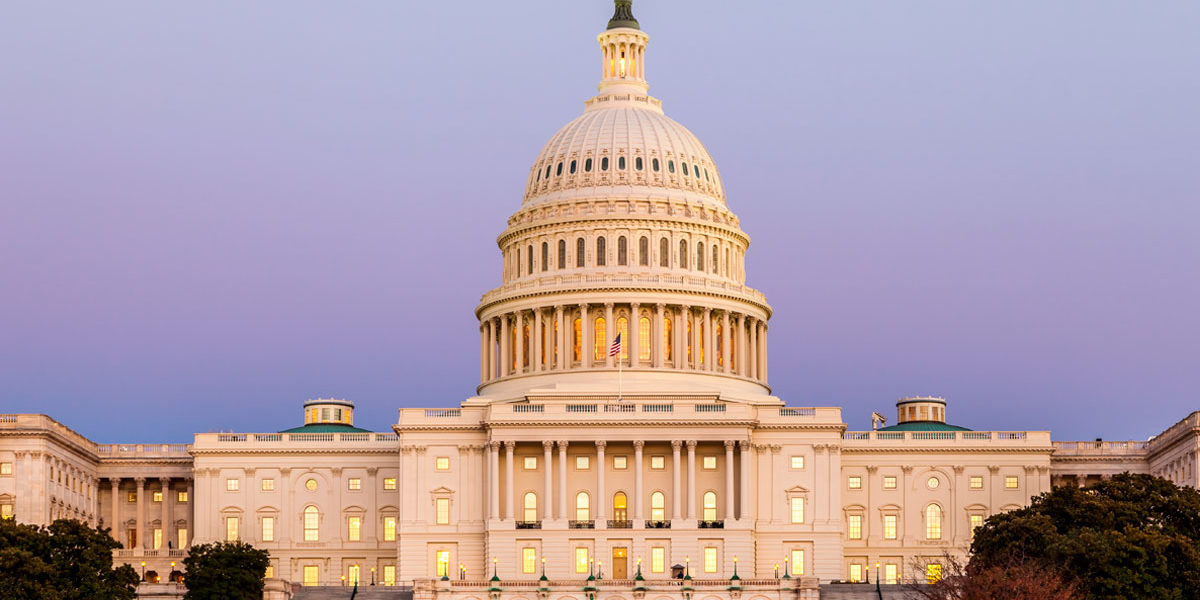Below is a summary of some key items from the 883-page Coronavirus Aid, Relief, and Economic Security Act or the “CARES Act” that includes thousands of dollars in direct payments to most Americans, and loan packages designed to help keep small businesses and corporations afloat. There are many other items in this bill that we have not highlighted below. This is a fluid situation that we continue to monitor.
Here’s What’s In The Proposed Bill
Direct Payments: In the current version of the bill, Americans will receive a one-time direct deposit of up to $1,200, and married couples will get $2,400, plus an additional $500 per child. The payments will be available for incomes up to $75,000 for individuals and $150,000 for married couples. This is true even for those who have no income, as well as those whose income comes entirely from non-taxable, means-tested benefit programs, such as Social Security.
Use Of Retirement Funds: The bill waives the 10% early withdrawal penalty for distributions up to $100,000 for coronavirus-related purposes, retroactive to January 1.
Small Businesses: $350 billion is being dedicated to prevent layoffs and business closures while workers are staying home during the outbreak. Companies with 500 employees or fewer that maintain their payroll during coronavirus can receive up to 8 weeks of cash-flow assistance. If employers maintain payroll, the portion of the loans used for covered payroll costs, interest on mortgage obligations, rent, and utilities would be forgiven.
The Unemployed: The program’s $250 billion extended unemployment insurance program expands eligibility and offers workers an additional $600 per week for four months, on top of what state programs pay. It also extends UI benefits through December 31 for eligible workers. The deal applies to the self-employed, independent contractors and gig economy workers.
Hospitals & Health Care: The deal provides over $140 billion in appropriations to support the U.S. health system, $100 billion of which will be injected directly into hospitals.
Coronavirus Testing: All testing and potential vaccines for COVID-19 will be covered at no cost to patients.
Large Corporations: $500 billion will be allotted to provide loans, loan guarantees, and other investments, overseen by a Treasury Department inspector general. These loans will not exceed five years and cannot be forgiven.
Airlines: They will receive $50 billion for passenger air carriers, and $8 billion for cargo air carriers.
Payroll Taxes: The bill would extend the time to submit payroll taxes. The extension for payroll tax would apply to the employer portion of self-employment taxes, too. The provision requires that the tax be paid over the next two years, with half due by December 31, 2021, and the remainder due by December 31, 2022.
States & Local Governments. They will get $150 billion, with $8 billion set aside for tribal governments.
Agriculture: The deal would increase the amount the Agriculture Department can spend on its bailout program from $30 billion to $50 billion.
Timing & Next Steps
The Senate passed the bill late Wednesday night. The House is set to vote on the package on Friday. This is a fluid situation that we continue to monitor. Once the bill is signed into law, WSRP will take the time to digest the bill and provide further guidance to our clients.







